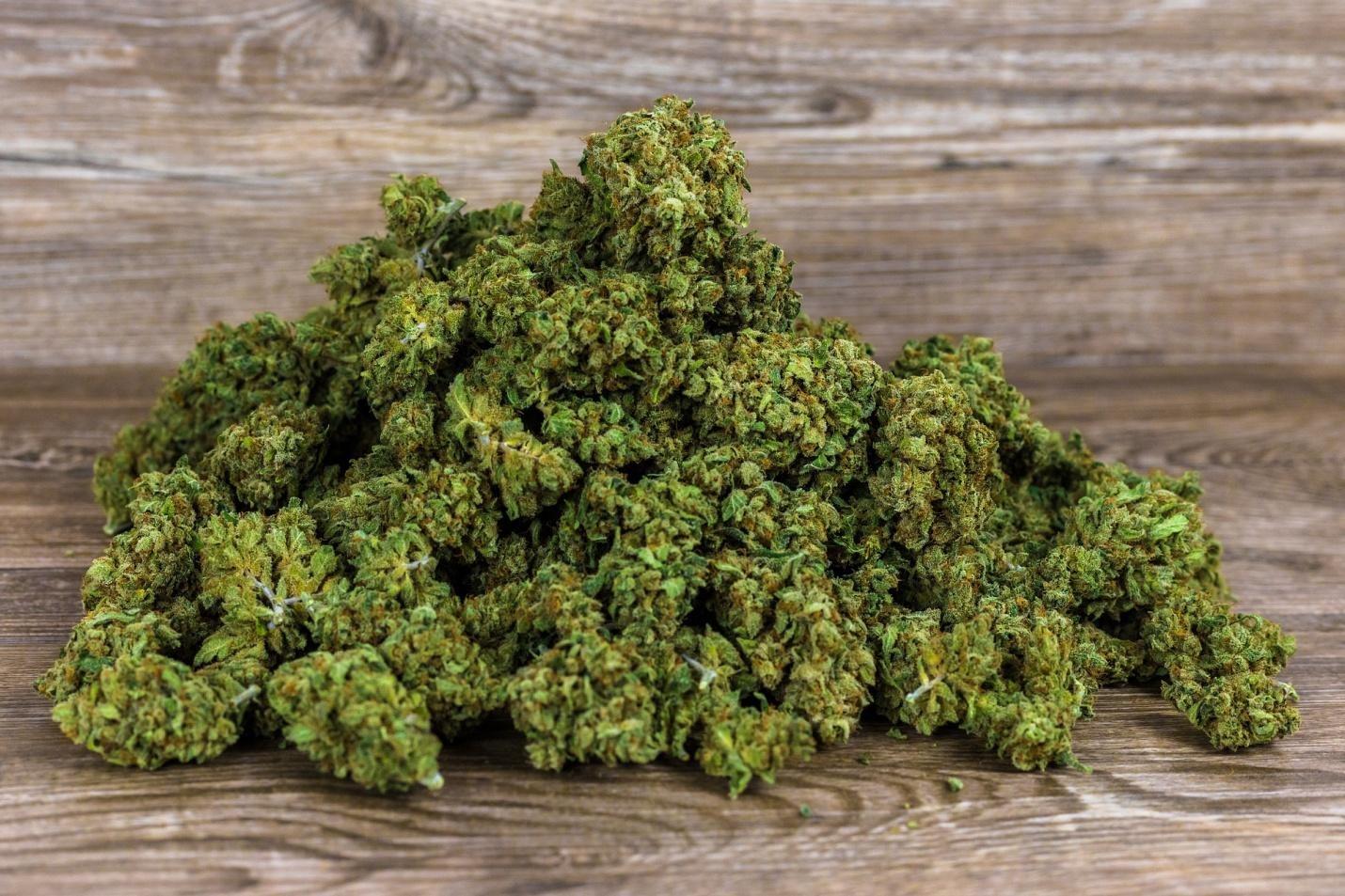Navigating Legalities and Regulations of THCA Flowers
In the realm of cannabis products, THCA flowers have emerged as a potent and popular choice for consumers seeking therapeutic benefits without the psychoactive effects commonly associated with THC. As interest in alternative forms of cannabis consumption continues to grow, understanding the legalities and regulations surrounding THCA flowers is essential for both producers and consumers alike. Whether you’re a seasoned enthusiast or a newcomer to the world of cannabis, navigating the complex landscape of regulations can be challenging. Here’s a comprehensive guide to help you navigate the legalities and rules of THCA flowers. If you’re ready to explore the therapeutic potential of THCA flowers, you may be wondering where to shop THCA flower. Luckily, there are reputable dispensaries and online platforms offering a wide selection of THCA flower options to suit your needs and preferences.

Understanding THCA Flowers
THCA, or tetrahydrocannabinolic acid, is a precursor to THC, the psychoactive compound found in cannabis. Unlike THC, THCA is non-intoxicating, meaning it does not produce the “high” typically associated with cannabis consumption. THCA flowers are cannabis buds that have been specially cultivated to contain high levels of THCA while minimizing the presence of THC. This makes them an attractive option for individuals seeking the therapeutic benefits of cannabis without the psychoactive effects.
Legal Status of THCA Flowers
The legal status of THCA flowers varies significantly from one jurisdiction to another. In some regions, THCA flowers may be classified as a legal cannabis product, while in others, they may be subject to strict regulations or outright prohibition. Consumers and producers alike must familiarize themselves with the specific laws and regulations governing THCA flowers in their area to ensure compliance with local statutes.

Regulatory Considerations
Regulations surrounding THCA flowers often revolve around factors such as cultivation, distribution, and sales. Licensing requirements, testing protocols, and labeling standards all play a role in ensuring compliance with regulatory frameworks. Additionally, regulations may dictate the maximum allowable concentration of THC in THCA flowers, as well as requirements for product testing and quality control.
Quality Assurance
Given the therapeutic nature of THCA flowers, ensuring product quality and safety is paramount. Producers must adhere to stringent quality assurance standards to guarantee that their products are free from contaminants and meet specified potency levels. This may involve rigorous testing for pesticides, heavy metals, and other harmful substances, as well as careful monitoring of cultivation practices to maintain product consistency and integrity.
